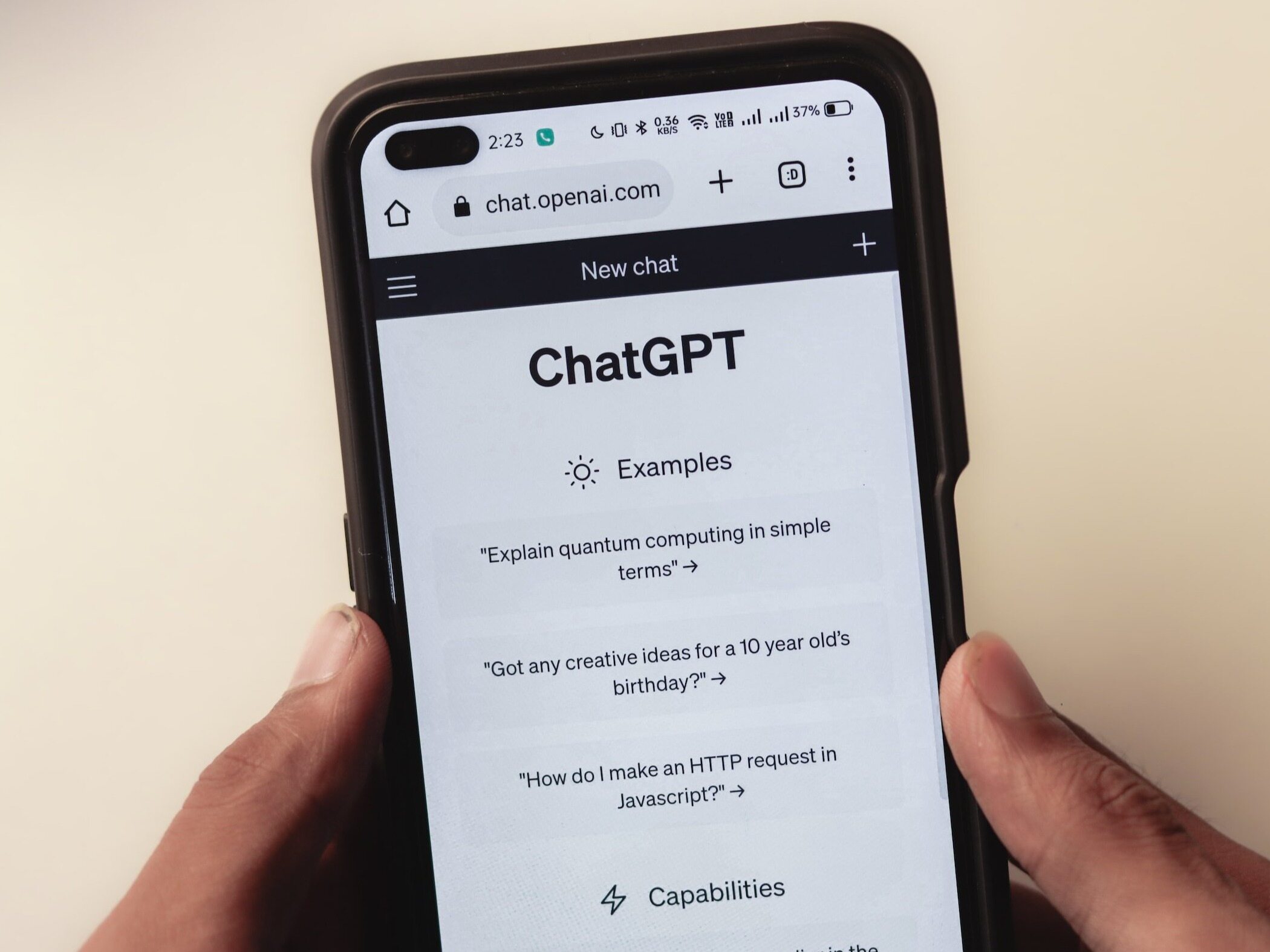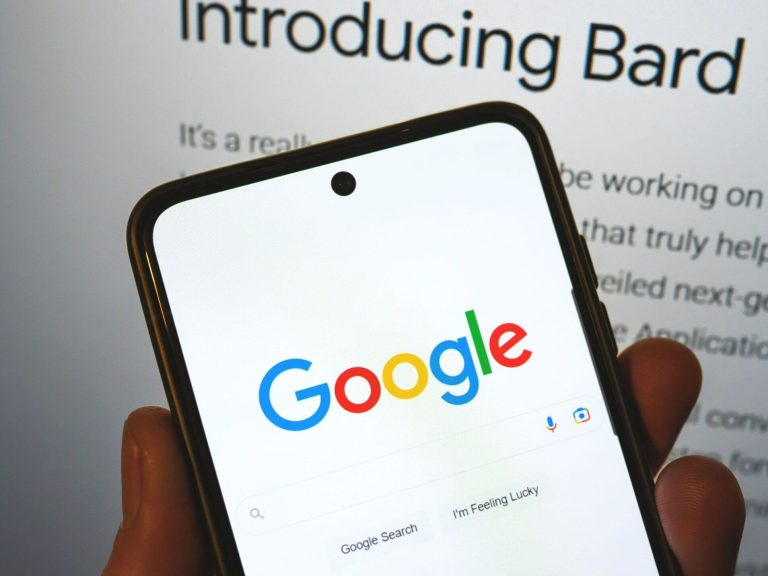The New York Times is suing OpenAI. This is about illegal use of content

The New York Times is suing ChatGPT owner OpenAI and Microsoft in federal court. The newspaper accuses OpenAI and Microsoft of illegally using his work to create competitive AI products. The lawsuit follows the breakdown of talks between the newspaper and both companies.
The New York Times has filed a federal lawsuit against OpenAI and Microsoft in an effort to end the practice of using its articles to train chatbots. In a lawsuit filed Wednesday in the Southern District of New York in Manhattan, the Times alleged that OpenAI and Microsoft are advancing their technology by “unlawfully exploiting The Times’ work to create competing artificial intelligence products” and “threatens The Times’ ability to provide this service.”
AI training
Media organizations have been affected by the migration of readers to online platforms. While many publications have created a digital space on the Internet as well, artificial intelligence technology threatens to upend many industries, including media.
Artificial intelligence companies collect information available on the Internet, including articles published by media organizations, to train generative AI chatbots. These companies quickly attracted billions of investments.
The Times did not list specific damages claims, but said the legal action “aims to hold them accountable for the multi-billions of dollars in statutory and actual damages they are owed for wrongfully copying and exploiting The Times’ exceptionally valuable works.”
In its complaint, The Times said Microsoft and OpenAI “are trying to exploit The Times’s enormous investment in its journalism” by using it to create products without payment or permission.
Agreement with OpenAI
In July, OpenAI and the Associated Press announced a deal with the artificial intelligence company to license the AP news archive.
However, The New York Times said it has never given anyone permission to use its content for generative artificial intelligence purposes.






